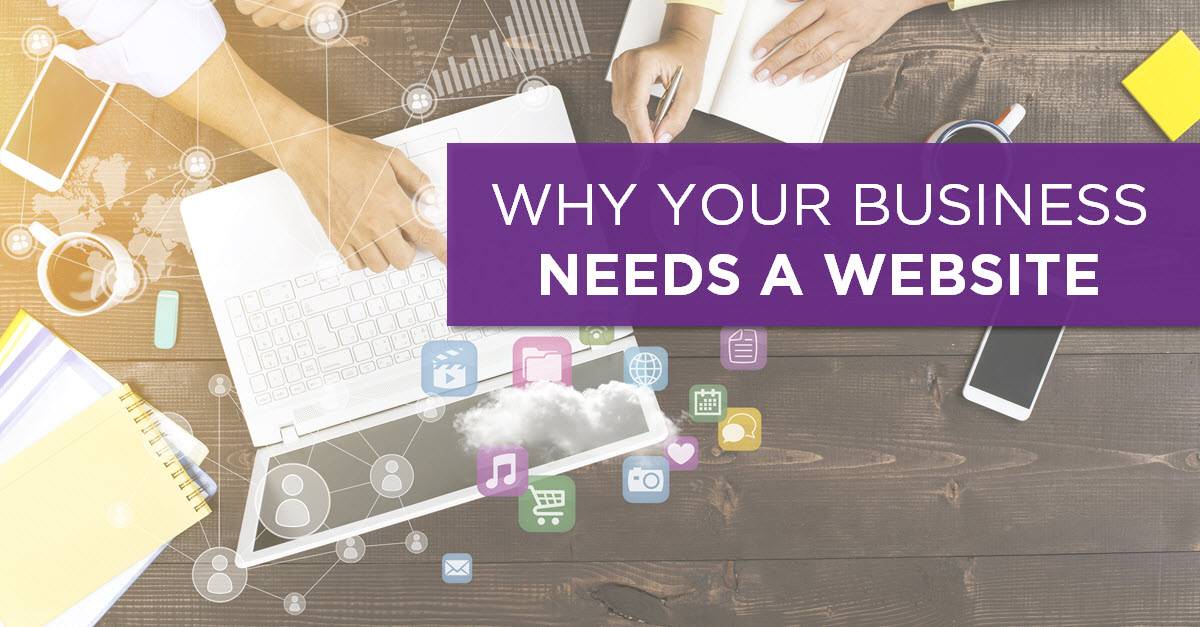In today’s digital age, having a website is no longer a luxury; it’s a necessity. Whether you run a small bakery, a consulting firm, or a global enterprise, a website is your business’s most valuable digital asset. Here’s why:
1. First Impressions Matter
Imagine a potential customer hears about your business. What’s the first thing they’re likely to do? Look you up online. Without a website, you risk leaving a poor impression. A well-designed website showcases your brand, highlights your offerings, and sets you apart from competitors.
2. Your Business is Always Open
Unlike physical stores with fixed hours, a website works for you 24/7. Potential customers can browse your products or services, learn about your business, and even make purchases at any time of the day. This convenience can lead to higher sales and customer satisfaction.
3. Boosts Credibility
In the digital world, having a website signals professionalism and legitimacy. It’s often the first marker of trust for new customers. A website with testimonials, case studies, or client logos can further enhance your credibility.
4. Reaches a Broader Audience
A physical location limits you to local customers. With a website, your reach expands globally. You can attract customers from different cities, countries, or even continents, opening up opportunities you might never have imagined.
5. Showcases Your Products and Services
Your website is the perfect platform to highlight your offerings. Use high-quality images, detailed descriptions, and even videos to demonstrate the value you provide. This is especially crucial for e-commerce businesses.
6. Enables Marketing Opportunities
A website acts as a hub for your digital marketing efforts. Whether it’s search engine optimization (SEO), pay-per-click (PPC) advertising, or social media campaigns, driving traffic to a website can amplify your marketing ROI.
7. Cost-Effective Communication
Gone are the days of printing brochures and flyers. A website allows you to share updates, announcements, and promotions instantly and at no additional cost. With a blog or news section, you can keep your audience informed and engaged.
8. Data-Driven Insights
A website provides access to valuable analytics. Tools like Google Analytics can show you who’s visiting your site, what they’re looking for, and how they interact with your content. This data helps you make informed business decisions and improve customer experiences.
9. Compete Effectively
Your competitors likely already have a website. Without one, you’re at a disadvantage. A strong online presence ensures you stay competitive in your industry and can even give you an edge over businesses with outdated or poorly designed websites.
10. Adaptability in a Changing World
The COVID-19 pandemic highlighted the importance of digital channels. Businesses with websites could pivot quickly to online sales and remote services. Having a website ensures you’re ready for future disruptions or changes in consumer behavior.
Final Thoughts
Investing in a website is investing in the future of your business. It’s more than just a digital storefront; it’s a powerful tool to build trust, reach new customers, and grow your brand. If your business doesn’t already have a website, now is the time to take the leap. After all, in the modern marketplace, being online isn’t optional—it’s essential.



